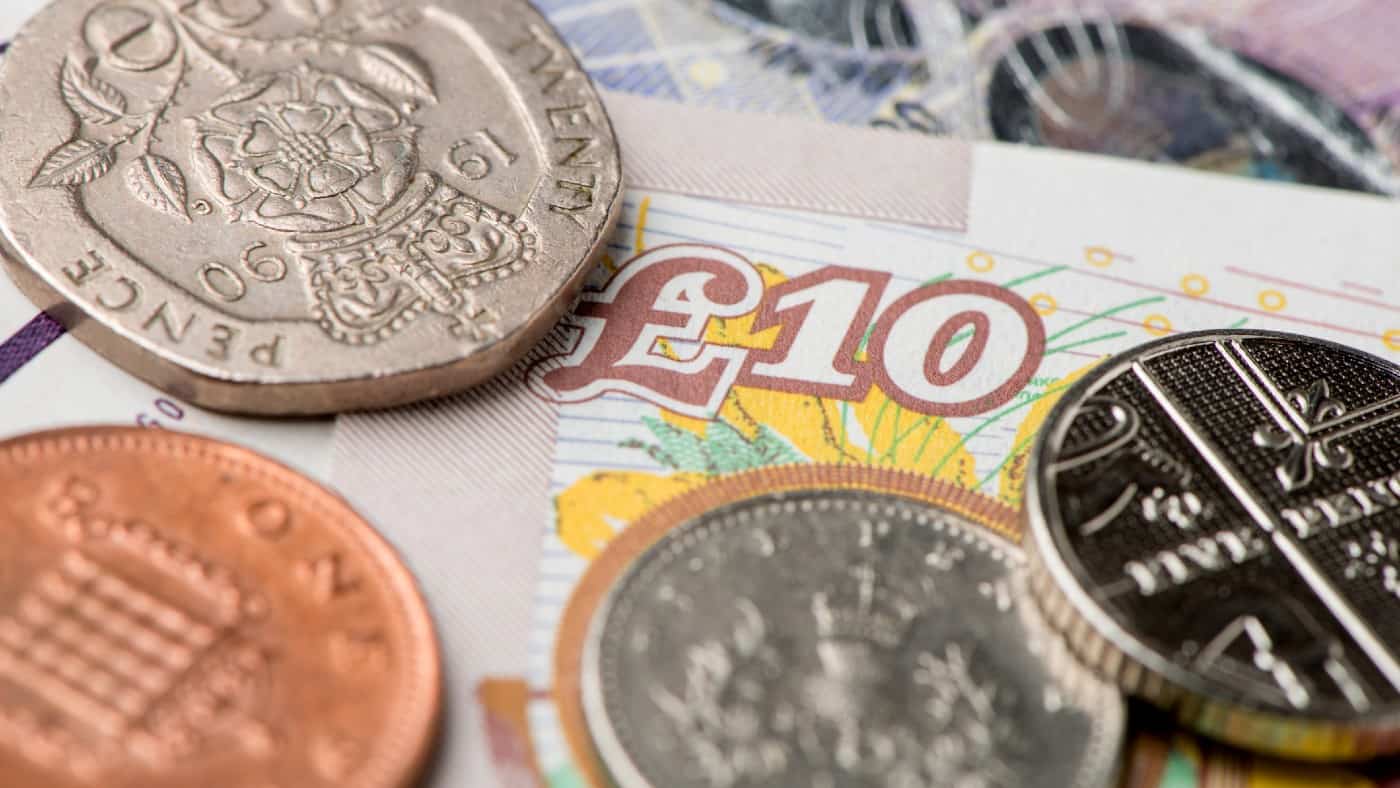Is it possible to earn a second income without taking another job? The answer is yes – and lots of people already do it.
One way is by investing in the stock market.
Something I like about that approach is that it does not require lots of time like an extra job – but it also does not necessarily require a lot of money. If I had a spare tenner a day to put to work, I think I could use it to start building a second income.
Here’s how.
Dividend shares
Some companies make a loss, while others earn money but decide to reinvest it all in the business.
Another kind of business, though, earns profits and distributes some or even all of them to its shareholders in the form of a dividend.
Dozens of well-known FTSE 100 businesses from Shell to AstraZeneca do this. If I owned shares in those companies, I would earn dividends if they paid them. Such dividends form the basis of my second income plan.
Choose carefully
However, even among companies that do pay dividends, there are no guarantees that they will continue.
The financial impact of such dividends for me as a shareholder can also vary substantially.
AstraZeneca, for example, has a dividend yield of 2.1%. This means that, for every £100 I invest now, I would hopefully earn £2.10 in annual dividends. By contrast, the 10.7% yield of Vodafone is over five times as lucrative.
In constructing a second income portfolio, though, I would not just look at yield. After all, as dividends are never guaranteed, neither is yield.
Instead, I would hunt for shares in businesses I think have excellent long-term commercial prospects and an attractive share price. I would then consider their yield.
Portfolio building
I could make a mistake, of course. Or I could just be unlucky and choose a business that gets blindsided by some unforeseen event.
So, in building my second income portfolio, I would diversify across a range of shares and industries. I would stick to businesses with proven models I think I can understand and assess. Putting money into something one does not understand is not investment, after all, but merely speculation.
Dividend income
Putting aside £10 a day would give me £3,650 to invest each year.
That is a substantial amount. I would set up a share-dealing account or Stocks and Shares ISA to put the money into and then invest it.
I would research shares that matched my criteria and could soon start building my portfolio.
If I was able to earn an average 5% yield, for example (less than half of the current Vodafone yield), my first year’s investments would hopefully earn me a second income of just over £180 per year.
Then, if I kept saving year after year to invest, I could add more shares to my portfolio. Hopefully, that way, I would see my second income streams grow.








